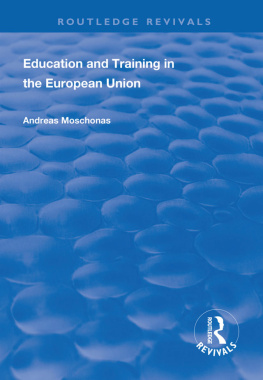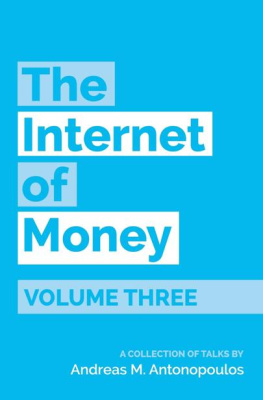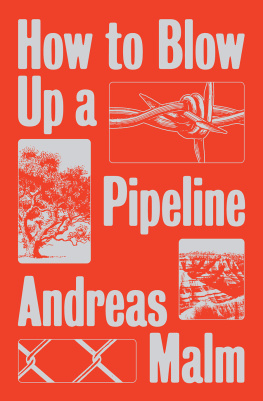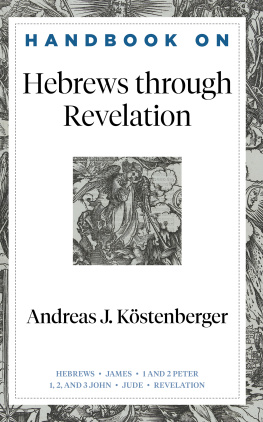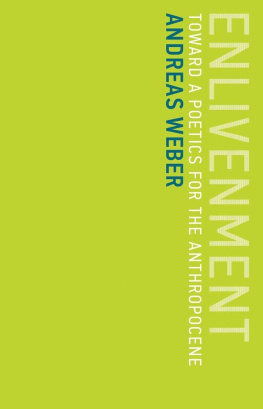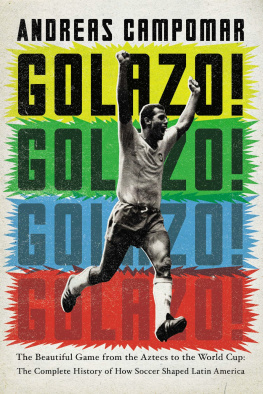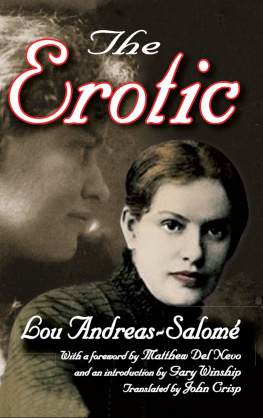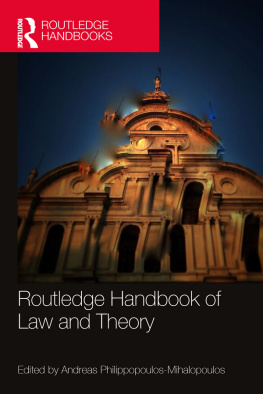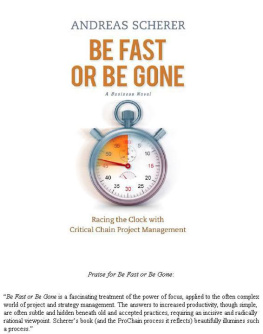Andreas Campomar - Golazo!
Here you can read online Andreas Campomar - Golazo! full text of the book (entire story) in english for free. Download pdf and epub, get meaning, cover and reviews about this ebook. year: 2014, publisher: Quercus Publishing Plc, genre: Religion. Description of the work, (preface) as well as reviews are available. Best literature library LitArk.com created for fans of good reading and offers a wide selection of genres:
Romance novel
Science fiction
Adventure
Detective
Science
History
Home and family
Prose
Art
Politics
Computer
Non-fiction
Religion
Business
Children
Humor
Choose a favorite category and find really read worthwhile books. Enjoy immersion in the world of imagination, feel the emotions of the characters or learn something new for yourself, make an fascinating discovery.

- Book:Golazo!
- Author:
- Publisher:Quercus Publishing Plc
- Genre:
- Year:2014
- Rating:3 / 5
- Favourites:Add to favourites
- Your mark:
- 60
- 1
- 2
- 3
- 4
- 5
Golazo!: summary, description and annotation
We offer to read an annotation, description, summary or preface (depends on what the author of the book "Golazo!" wrote himself). If you haven't found the necessary information about the book — write in the comments, we will try to find it.
Golazo! — read online for free the complete book (whole text) full work
Below is the text of the book, divided by pages. System saving the place of the last page read, allows you to conveniently read the book "Golazo!" online for free, without having to search again every time where you left off. Put a bookmark, and you can go to the page where you finished reading at any time.
Font size:
Interval:
Bookmark:



First published in Great Britain in 2014 by
Quercus Editions Ltd
55 Baker Street
Seventh Floor, South Block
London
W1U 8EW
Copyright 2014 Andreas Campomar
The moral right of Andreas Campomar to be identified as the author of this work has been asserted in accordance with the Copyright, Designs and Patents Act, 1988.
All rights reserved. No part of this publication may be reproduced or transmitted in any form or by any means, electronic or mechanical, including photocopy, recording, or any information storage and retrieval system, without permission in writing from the publisher.
Every effort has been made to contact copyright holders of material reproduced in this book. If any have been inadvertently overlooked, the publishers will be pleased to make restitution at the earliest opportunity.
A CIP catalogue record for this book is available from the British Library
HB ISBN 978 1 78087 036 6
TPB ISBN 978 1 84866 856 0
EBOOK ISBN 978 1 78087 038 0
You can find this and many other great books at:
www.quercusbooks.co.uk
For my mother, who showed me how I might find identity through culture;
and
for my father, who taught me how to watch ftbol.
In Latin America the border between soccer and politics is vague. There is a long list of governments that have fallen or been overthrown after the defeat of the national team.
Luis Surez
Football is popular because stupidity is popular.
Jorge Luis Borges
Whoever invented football should be worshipped as a god.
Hugo Snchez
Poverty is good for nothing, except for football.
Jorge Valdano
That Latin America is unique, because there exists no other Latin America except this one, does not mean that it is one, in the sense that there is unity. Disunion does not exclude identity. Neither does diversity.
Mario Sambarino
(Theres No Place Like Uruguay)
My father and I are watching the last match of the 2010 World Cup that we will see together. Not for us the hyperbole of a World Cup final, for this is our final, Uruguays final: an essentially meaningless affair for third place.
Mira mira como lleva la pelota (Look just look at that ball control), my father says with approval.
Football is the passion that my father and I share. Where we differ on so many issues, many of which further that gentle fatherson antagonism, here we come together. We applaud the flashier, more articulate aspects of the game: a deft back-heel, a neat flick, the weighted pass and, of course, the art of dribbling. (My father especially approves of the audacity of dribbling in ones own penalty area, an approach much frowned upon by the ever-cautious sajnes, Anglo-Saxons.) I realize that his attitude towards football is not dissimilar to that of the Uruguayan polemicist and football fanatic Eduardo Galeano. But then they were born in the same city, Montevideo, a decade either side of Uruguays World Cup triumphs, and both retain nostalgia for the way the game should be played. I am reminded of the authors confession in Soccer in Sun and Shadow, Galeanos poignant love letter to the beauty of the game: Ive finally learned to accept myself for who I am: a beggar for good soccer. I go about the world, hand outstretched, and in the stadiums I plead: A pretty move, for the love of God. of good football is actually a passion for the Latin American game or more to the point, for River Plate football (el ftbol rioplatense). It was what Galeano calls the second discovery of America when Uruguay brought its own inimitable style of play to the 1924 Summer Olympics in Paris.
Surez, che, no eres un boludo (Hey, Surez, dont be an idiot), my father gesticulates at the television, as the young player tries for goal from an unlikely angle. I cant help but agree with him.
According to my father, and for that matter every other Uruguayan to whom I have recently spoken, the fact that we have come this far shows that we can still compete at the highest level; that la garra charra (the Charra claw) is still alive. I, on the other hand, have never believed in la garra charra: that spirit of the Uruguayan national team La Celeste which allows it to snatch victory in the face of imminent defeat. (It somehow seems disingenuous to identify ourselves with those poor semi-nomadic Charra Indians, the last of whom were betrayed and vanquished in 1832, leaving the country without any semblance of an indigenous culture.) Nevertheless, our run to the play-offs, which has been born of good fortune rather than great skill, has allowed Uruguay to prove that it is not an irrelevance even in terms of the rest of Latin America and that, as Uruguayans, we earn the right to exist. Moreover this success is an indication despite our chequered past, both on and off the pitch, of our better selves.
As with many small nations, Uruguay has developed an exaggerated sense of self. During the opening decades of the twentieth century the Latin American republic channelled its sense of inferiority and was transformed into a modern social democracy, the first in Latin America. Nevertheless Uruguays inception had been inauspicious. By the time Uruguay was created as a buffer state between Argentina and Brazil with the help of British mediation in 1828, it had suffered varying degrees of occupation at the hands of its neighbours. Moreover independence did not herald maturity, for the rest of the nineteenth century was played out through a cycle of wars. It was only in the first decades of the twentieth century, under the twin presidencies of the enlightened Jos Batlle y Ordez that Uruguay began to prosper. An ardent opponent of militarism having witnessed the near destruction of the nascent nation through civil war, Batlle y Ordez sought to implement a number of social reforms to fulfil his vision of a proto-European Uruguay. Sustained immigration from the Old World throughout the late nineteenth century, which led to the rapid urbanization of the port capital, Montevideo, encouraged the development of football within the poorer parts of the city. Meanwhile the development of public playing fields, from two in 1913 to 118 in 1929, allowed for a new generation of skilled players to emerge. It was due to this generation, which included the countrys black minority, that Uruguay were able to secure gold medals at the 1924 and 1928 Olympics. Hosting and winning the inaugural 1930 World Cup confirmed the countrys sporting supremacy.
By the middle of the twentieth century Uruguay had one of the highest standards of living on the continent. In no other country do people live as we do no other people on earth currently enjoy achievements such as ours, was the roseate view promoted by President Luis Batlle Berres in a 1949 speech. A year later the country secured its second World Cup, thereby compounding its inflated self-image. While Brazil, the defeated finalists, had played with flair and assurance, Uruguay had relied on sheer strength of character to win games. The competition from European football, which the Second World War had all but obliterated, lacked the cutting edge it would later regain.
This golden age of prosperity, together with unparalleled successes on the football pitch, gave rise to a variety of self-aggrandizing and Montevideo, once regarded as a parochial city, had become the Athens of the River Plate, whilst the slogan
Font size:
Interval:
Bookmark:
Similar books «Golazo!»
Look at similar books to Golazo!. We have selected literature similar in name and meaning in the hope of providing readers with more options to find new, interesting, not yet read works.
Discussion, reviews of the book Golazo! and just readers' own opinions. Leave your comments, write what you think about the work, its meaning or the main characters. Specify what exactly you liked and what you didn't like, and why you think so.

